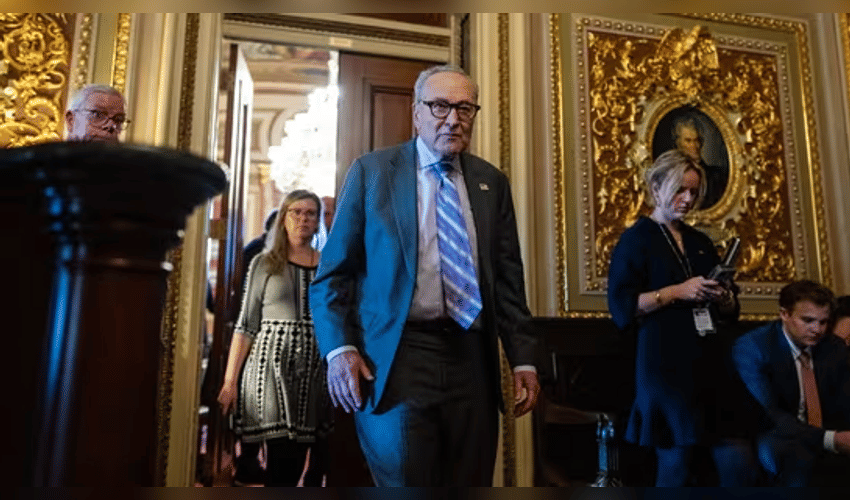World
Democrats Offer Path to End Shutdown, With a Catch.

As the standoff over the US government shutdown stretches into record territory, Democrats have signaled their willingness to end the impasse, albeit with a critical caveat focused on healthcare support for millions of Americans. Their proposal, now making waves on Capitol Hill, calls for a one-year extension of Affordable Care Act (ACA) tax credits in sync with a vote to reopen federal agencies. The Democratic leadership insists that bipartisan cooperation hinges on addressing rising health costs—laying down a condition they see as crucial for families relying on medical aid.
Senate Minority Leader Chuck Schumer and a cohort of party members have championed this plan as a balanced solution, suggesting that both lifting the shutdown and ensuring health care affordability should go hand-in-hand. Their approach also incorporates the creation of a bipartisan committee to consider Republican demands for wider changes to the ACA, signaling readiness for broader compromise. Examples from previous shutdowns show that resolving such disputes requires both urgency and a willingness to link short-term relief with longer-term policy fixes—making the current Democratic stance a strategic and pragmatic one.
Republicans, however, remain firm on their side of the negotiation table. Senate Majority Leader John Thune and others argue that the government should be reopened before healthcare negotiations even begin, seeking immediate restoration of federal operations without preliminary commitments on health subsidies. This back-and-forth has led to nearly 40 days of federal worker furloughs, suspended food assistance, and severe disruption to airport operations—a scenario that’s pressing lawmakers of both parties to reconsider the costs of prolonged political gridlock.
Centrist Democrats appear divided, with progressive voices urging continued resistance unless the proposed legislation delivers substantial healthcare reforms. The party’s private meetings have underscored their determination to use this shutdown as leverage for meaningful policy outcomes, inspired by recent electoral victories that emboldened more ambitious legislative goals. Still, the risk remains that the shutdown could extend further if moderates within the caucus break ranks or if Republican leaders hold the line on their refusal to negotiate until after a reopening vote.
The unfolding drama is a vivid example of how US political negotiations—especially around shutdowns—hinge not just on budgetary deadlines but on deep policy priorities such as healthcare coverage. For millions of Americans anxiously watching the news, the outcome may come down to which side yields first, or whether a creative compromise can ensure both full government services and continued health support for vulnerable communities. As the Senate prepares for another critical vote, the condition set by Democrats could well determine how, and when, the government gets back to work.



